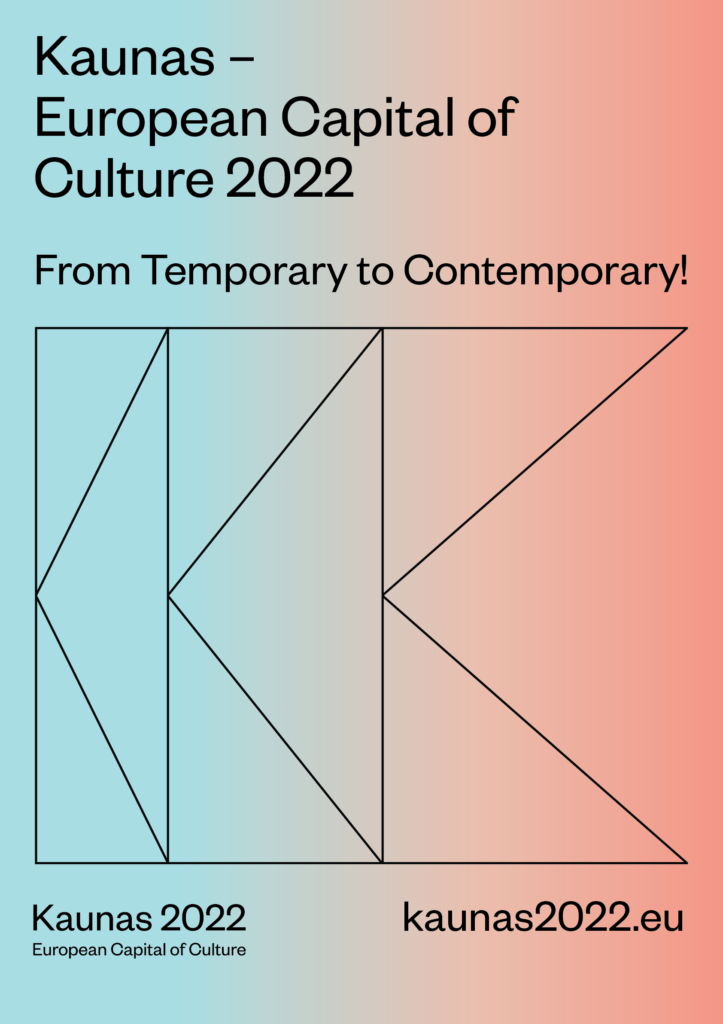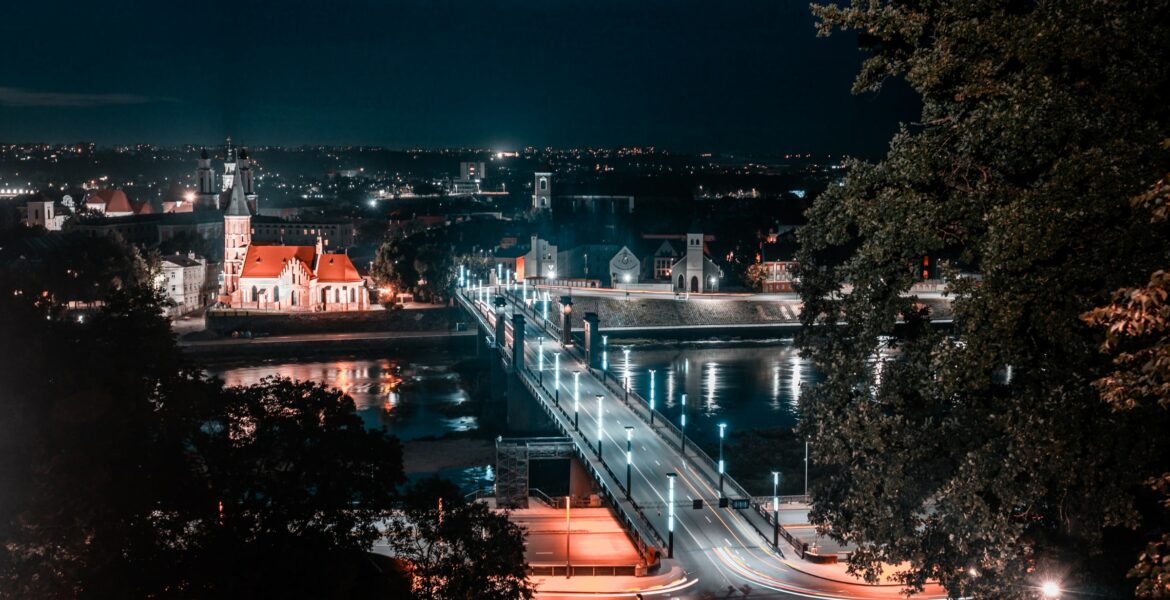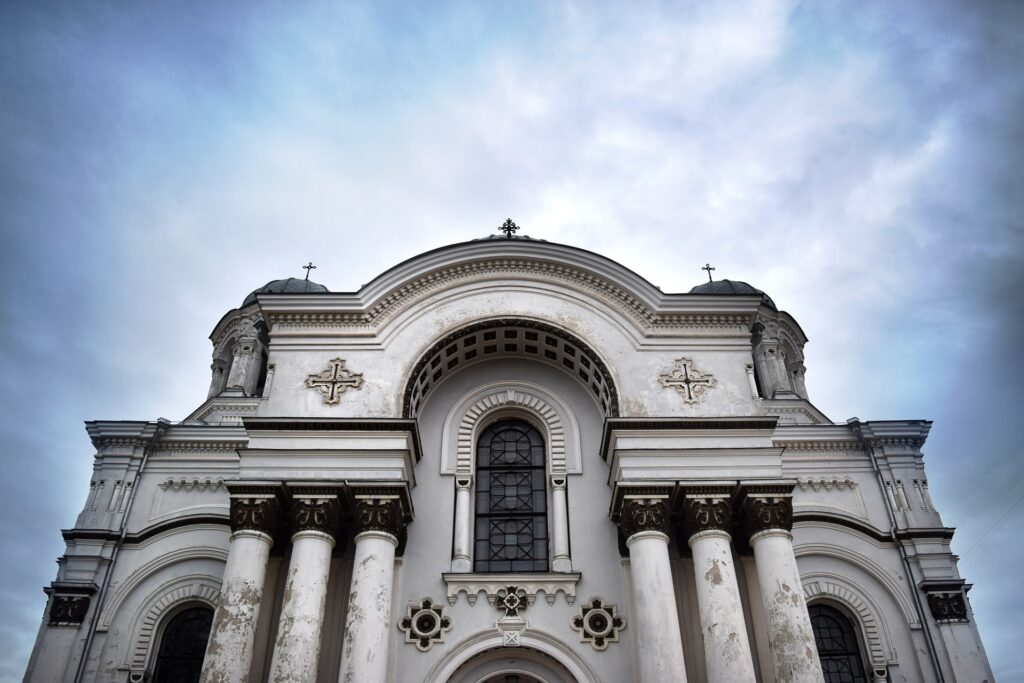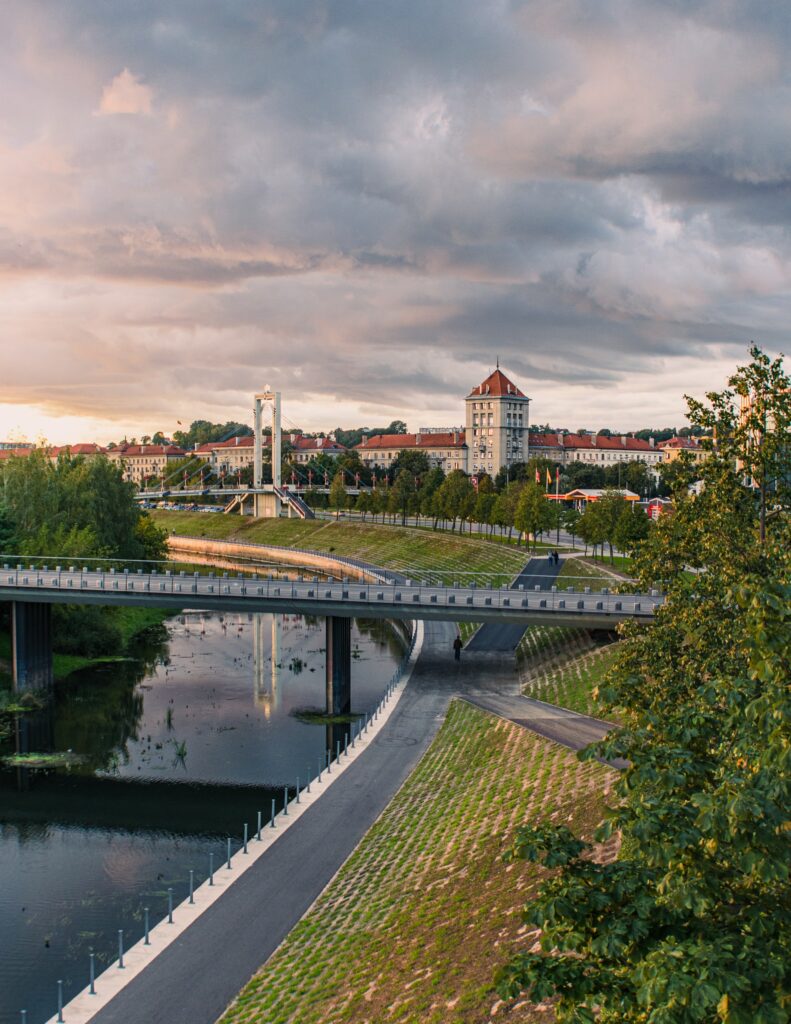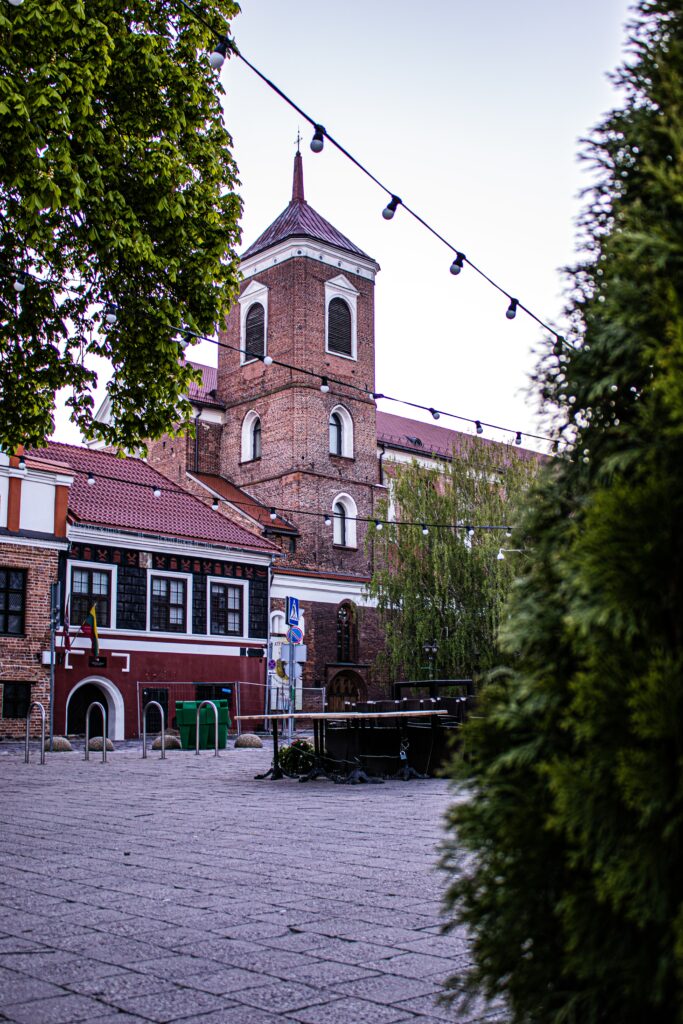H.E. Donatas Kušlys, Ambassador of Lithuana, spoke with SOCIETY Magazine about the second largest Lithuanian city, Kaunas, which currently holds the title „European Capital of Culture 2022“. With numerous events, shows, premiers, performances etc., the former capital of Lithuania will shine a spotlight on its history and present.
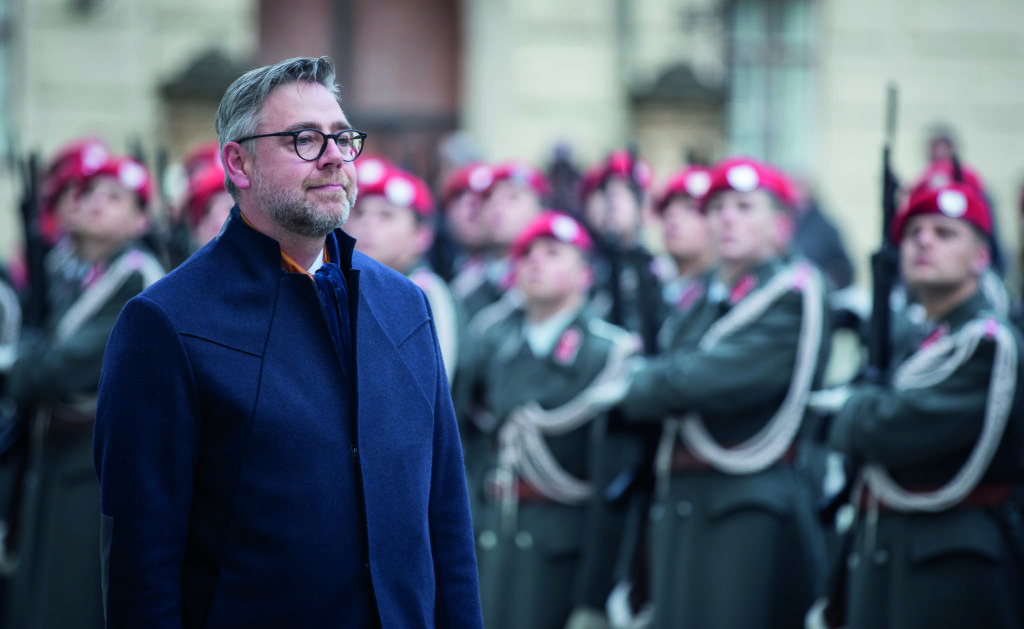
Kaunas is the second Lithuanian „European Capital of Culture“ (after Vilnius in 2009). What makes Kaunas special and why is it worth visiting?
Already since 2017, Kaunas and Kaunas District are implementing their largest cultural project to date under the motto “From Temporary to Contemporary”.
Historically, the interwar years between 1919 and 1940 were specifically significant for Kaunas, as it functioned as the temporary capital of Lithuania during that time. The city burgeoned into a thriving center of scientific, cultural and academic activity, but when Lithuania regained its independence, Kaunas went through hard times, struggling to overcome many years of stagnation. Shrouded in stereotypes, the city suffered a collective amnesia and its inhabitants experienced palpable pessimism and nostalgia for the interwar period. As a consequence, many residents, among them numerous young ones, decided to move away instead of using their talents to positively shape Kaunas. That is why it was essential to reanimate the city. The status „European Capital of Culture“ has allowed its creative comumunity to carry out and foster this long awaited transformation.
The main goal of the project is change: from a town living with nostalgia to a growing, open city which believes in its future while focusing on its history, Fluxus ideas (editor‘s note: Fluxus was an international community of artists, composers, designers and poets during the 1960s and 1970s who engaged in experimental art performances), today’s community and the unique modernist architecture of Kaunas – its greatest treausure. Lithuania even presented an application to the World Heritage Center in Paris with the title „Modern Kaunas: Architecture of Optimism, 1919-1939“ – the final decision will be made in 2022. Furthermore, Kaunas is famous throughout the world as the birthplace and home of many renowned individuals, including the founding member of Fluxus, Jurgis Mačiūnas.
What will the programme look like throughout the year? What are the highlights of it?
So far, no city has tried to change the course of its history by creating a new myth. The story of the „Mythical Beast of Kaunas“, who has become the programme’s mascot, is one such attempt. As a story-telling project, the „Mystical Beast of Kaunas“ will connect the biggest events of the year, with the most important ones being the weekends of the Trilogy, which include more than one hundred happenings ranging from premieres, exhibitions and concerts to light and fire shows, all connected by the narrative of the new Kaunas myth.
The „Beast of Kaunas“ will rise up in January, on the day of the opening of the Capital of Culture. Later, we will meet him again in May and in November we will make an agreement with him to live long and happily ever after. Together with the Beast, dozens of concerts, exhibitions, performances, events, books and stories will also arrive on the scene.
Exact Dates:
„The Confusion“ (January 19-23, 2022), OPENING CEREMONY;
„The Confluence“ (May 20-22, 2022), KAUNAS CITY DAY;
„The Contract“ (November 25-27, 2022), CLOSING WEEKEND.
Kaunas 2022 is also very proud of its world famous co-creators of the programme. Among them are William Kentridge, Marina Abramović, Yoko Ono, Robert Wilson, Mirga Gražinytė-Tyla, Modestas Pitrėnas, Edgaras Montvidas, Oskaras Koršunovas, Janet Cardiff and George Bures Miller, Jonas Mekas, Prof. Antony Polonsky, Boris Gibé, Olivier Grossetête, and many others. Audiences will be served a number of unique festivals in terms of their scale, programme and artistic quality – e.g. the international festival of performing arts „ConTempo“, „Storm“, „Kaunas Literature Week“, „Citytelling Festival“ or „International Day of Happiness“. All of them have been sparked into existence in the framework of „European Capital of Culture 2022“ and this is how Kaunas and Kaunas district are becoming one large European stage.
In 2022, there will be more events taking place than there are days in a year. Culture will be inescapable as Kaunas 2022 encompasses over 1000 events! More than 40 festivals, 60 exhibitions, 250 performing art events (of which more than 50 are premieres), and over 250 concerts are planned to take place. All of this is delivered by Kaunas 2022’s team of 100 people, alongside 80 local and 150 foreign partners. This formula for cultural success involves 141 cities in Lithuania and the world, 2,000 artists, 80 communities, and 1,000 great volunteers.
How can the city but also the whole country profit from the title European Capital of Culture? Which opportunities does it hold?
The title of European Capital of Culture has truly helped creating a change in Kaunas. The organizers have chosen a quite long „path of programme“ and started implementing it in 2017 already, instead of a one year programme in 2022. In these last five years, many festivals and events have taken place already and communities gathered and created projects relevant to them. As the team of Kaunas 2022 says, the project has already happened – in 2022 we will only celebrate the change.
Info: The official opening is on 22 January, 7:30 pm (UTC +2). It will be broadcasted online on Kaunas 2022 Facebook page.
Keyphoto: Unsplash
